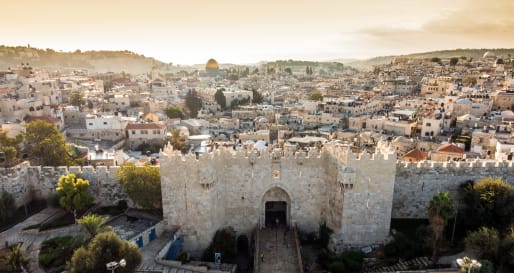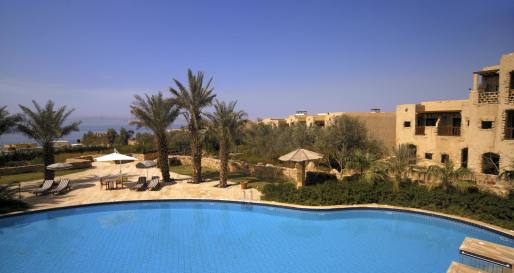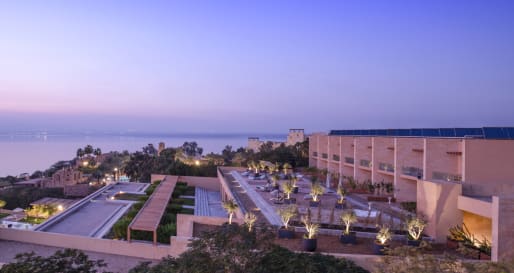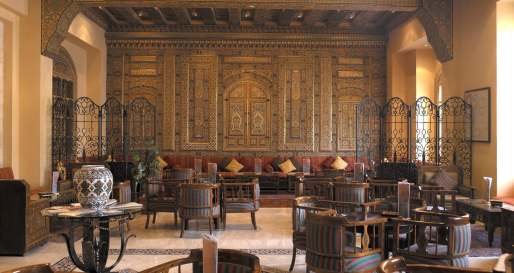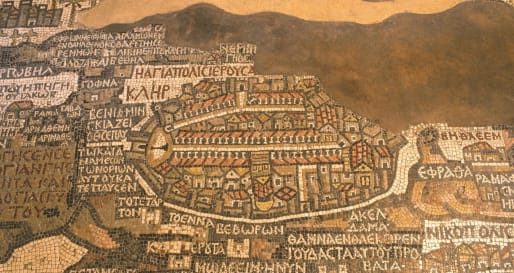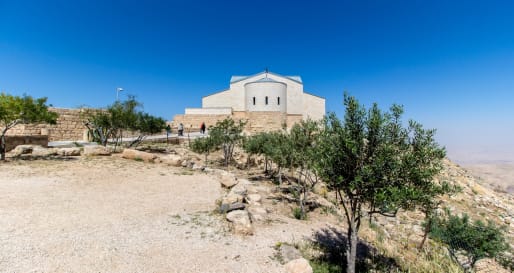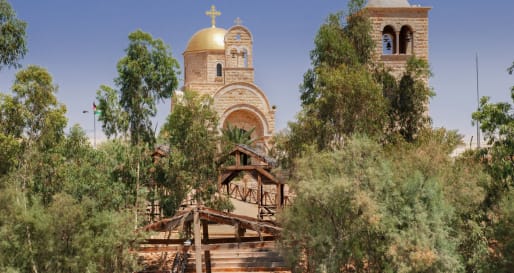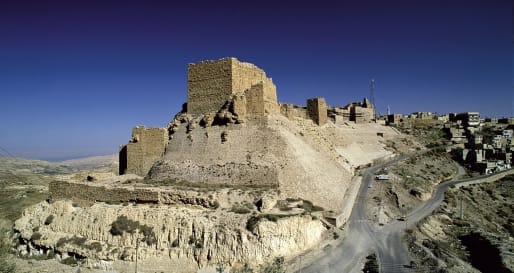Madaba & Mt. Nebo
Be marveled by the impressive mosaics of St. George Church in Madaba, followed by an excursion to Mount Nebo where Moses once viewed the Holy Land from.
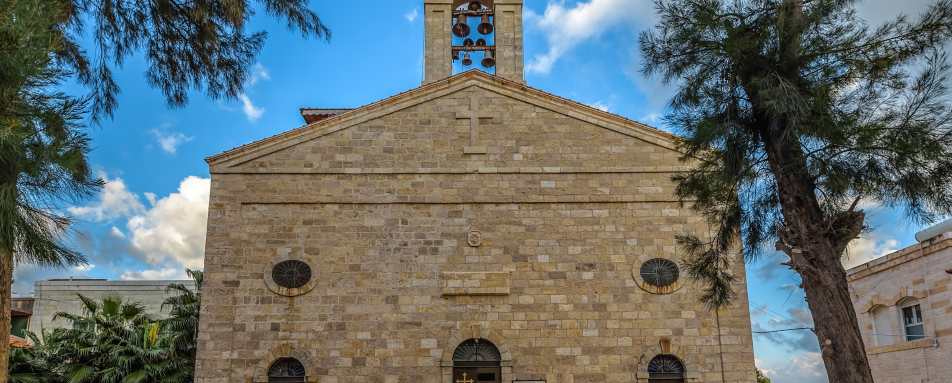
Area
Dead Sea - Jordan Side
Type
History
Grade
Standard
Who
Adults
Difficulty
Moderate
Duration
Half Day
Make an excursion to Madaba, where St. George's Greek Orthodox Church is known for the superb mosaic on the floor. Made during the 6th century AD, the mosaic depicts Holy Land pilgrimage scenes. The mosaic was discovered in 1885, when a flat area on a hill was chosen as the site for a new church. When the area was cleared for construction, a large mosaic was discovered. The mosaic once covered the floor of an ancient Byzantine church built around 560 AD. The original mosaic was originally an impressive 15.7 x 5.6 m, but the remains are about a quarter of this size. It displays all the major cities and features in the Holy Land with remarkable accuracy. Jerusalem, with all its major features, is the most important city and is placed in the center of the map. The Church of the Holy Sepulchre is clearly shown as well as the Cardo Maximus, a colonnaded main street that ran east/west through the center of the Old City.There are 157 Greek captions that label most of the important towns and features of the Holy Land at that time. The mosaic also includes the Jordanian towns of Kerak and Madaba.
En route to Mount Nebo, where Moses viewed the Holy Land that he was disallowed from crossing, On a clear day, you can see Mount Olive in Jerusalem, the Dead Sea, the Jordan Valley, and the river. According to Christian and Jewish faiths, God himself buried Moses on Mount Nebo, although it is still contested amongst scholars as to whether this mountain is the same one that is referenced in the Torah. In Islam, it is believed Moses (Musa) was not buried on Mount Nebo, but instead his remains lie only a few kilometers away, close to the River Jordan. While a new church now stands on the mountain, the remains of a prior church and monastery were discovered in 1933. The church is believed to have been built in the latter part of the 4th century and is first referenced in Lady Aetheria's account of her pilgrimage in 394 AD. Mosaics from the ruins can still be seen at the site today.
Tours Featuring This Experience
Be inspired by the itineraries below which include this experience and let our travel specialists craft a bespoke luxury holiday for you.
Recommended Hotels Nearby
A selection of luxury hotel options in the area, handpicked and recommended by our travel specialists.
More Experiences in This Area
Discover more things to do in the area and chat to our specialists about crafting these experiences into your tailor-made holiday.
Call us on 858 345 1762 to start planning
